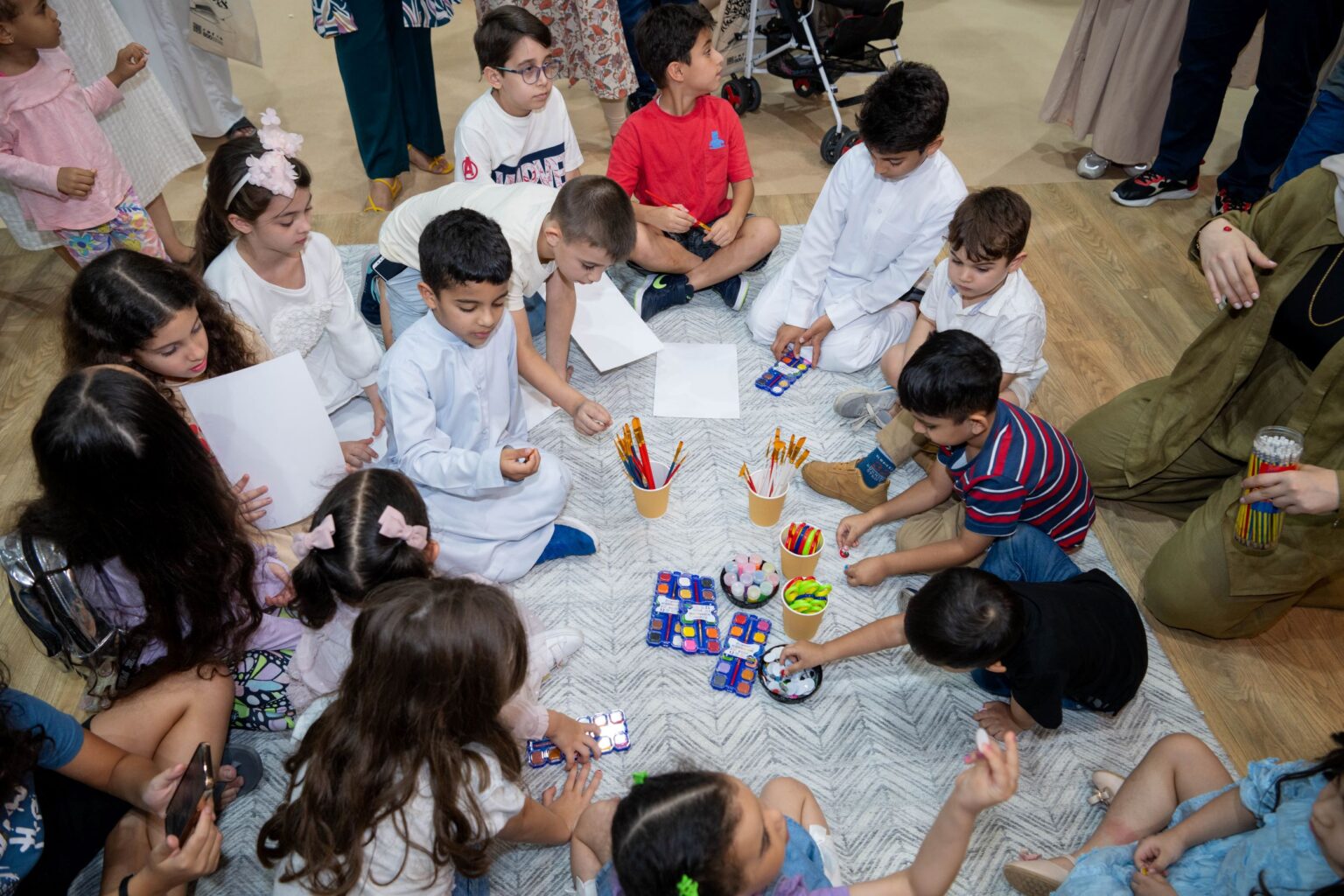In the lively atmosphere of the 15th edition of the Sharjah Children’s Reading Festival, young readers flocked to the Kalimat Group’s pavilion to enjoy a storytelling session led by author and media personality Samia Ayish, and to get a signed copy of her latest work, ‘What Should I Say About Dad?’, which tackles the sensitive issue of parental separation with depth and creativity.
Insights into Family Dynamics
Illustrated by Bakana Yaqoub Nejad, Ayish’s book serves as a literary escape and an educational tool. It delicately portrays how a mother can explain a father’s absence to her child without compromising the child’s perception of him. The messages embedded in the narrative teach parents how to maintain the father’s image as dignified and respectable, regardless of the circumstances. This approach ensures that children preserve emotional stability and gain an honest understanding of family dynamics.
Expressing emotions through art
The storytelling session concluded with a hands-on art workshop, where children were able to express the emotional spectrum represented in Ayish’s storyline, including joy, sadness, fear, among others. The young artists successfully brought the story’s characters to life, depicting various emotions on their canvases. Following the creative workshop, the author engaged with children and parents during a book signing ceremony, leaving a personal note on each signed copy.
The importance of open communication
Discussing her book, Ayesh emphasised the importance of open communication in families dealing with separation. Her latest book is based on the experiences of many children and underscores the need for ongoing dialogue that overcomes any child’s fear or insecurities.
In her description of the book she stated, “Although this book is for children, I wrote it to encourage parents to initiate conversations and offer honest and comforting responses to their children’s queries, including those that may have not been addressed yet. We need to engage with our children and establish channels for discussion and inquiry, and it shouldn’t always be the child who starts these conversations; parents must also take proactive steps in educational and developmental matters.”

